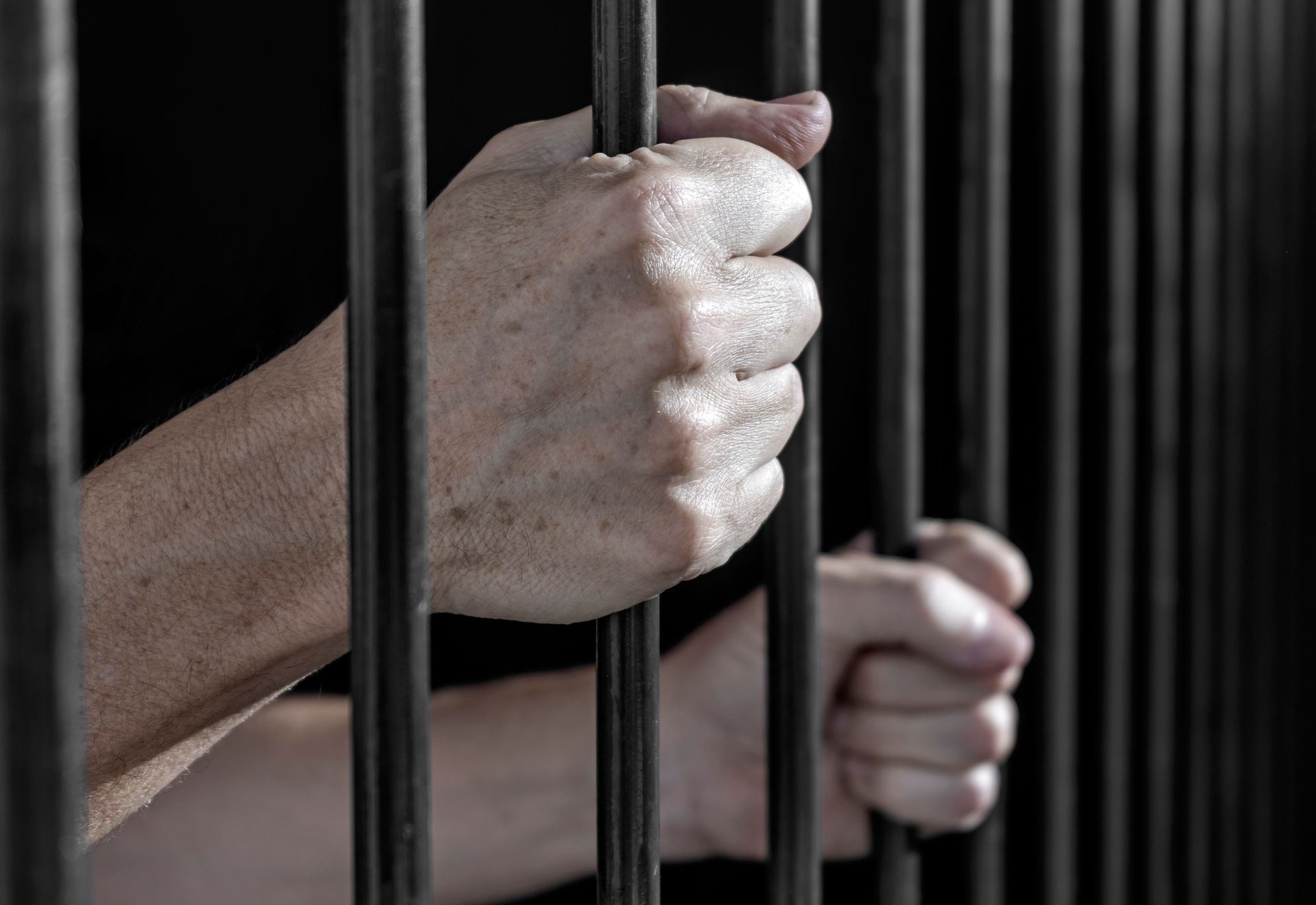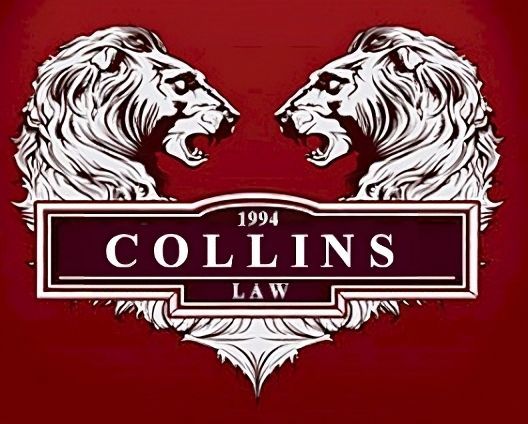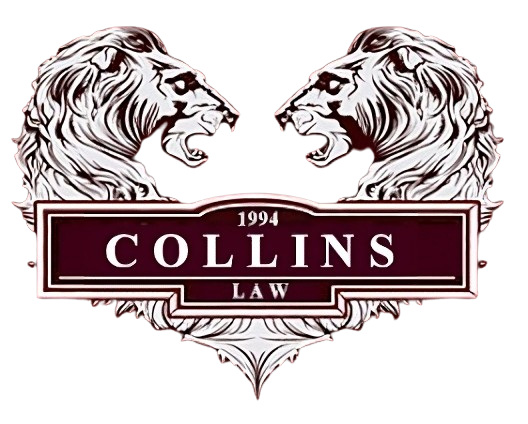How a Defense Attorney Can Help Reduce or Dismiss Charges

Table of Contents
- The Role of a Defense Attorney in Criminal Cases
- Strategies to Dismiss Criminal Charges
- How a Criminal Defense Lawyer Challenges the Prosecution
- Plea Bargains and Charge Reductions: What You Need to Know
- Real-World Examples of Successful Case Outcomes
- When to Hire a Defense Attorney
- Your Rights and Legal Protections Explained
- How Collins & Associates Can Help
Key Takeaways
- A defense attorney plays a critical role in protecting your rights and can often lead to reduced or dismissed charges.
- Tactics such as questioning evidence, suppressing unlawfully obtained proof, and negotiating plea deals are common and effective.
- Early intervention by a criminal defense lawyer increases the chances of a favorable outcome.
- Real-world experience and courtroom credibility make a huge difference in case results.
- Collins & Associates offers trusted, experienced representation to help navigate your legal challenges.
Understanding the Role of a Criminal Defense Lawyer
Facing criminal charges can be overwhelming and life-altering. Whether you're being accused of a misdemeanor or a felony, having a defense attorney on your side is not just a legal formality—it's a strategic necessity. A criminal defense lawyer is trained to protect your rights, challenge weak evidence, and ensure that the justice system treats you fairly. Their ultimate goal is to minimize the consequences of a criminal accusation—ideally leading to a case dismissal or reduced penalties.
In this guide, we’ll explore how a defense attorney works behind the scenes and in court to fight for the best possible outcome on your behalf.
Strategies to Dismiss Criminal Charges
One of the most crucial ways a defense attorney can assist is by identifying opportunities to dismiss criminal charges before they even go to trial. Here are several effective strategies they may use:
1. Procedural Violations
If law enforcement fails to follow proper procedures—such as conducting a search without a warrant—your criminal defense lawyer can file a motion to suppress the evidence. If key evidence is thrown out, the prosecution may have no case left.
2. Insufficient Evidence
Sometimes, charges are filed with minimal or circumstantial evidence. A good defense attorney can challenge the prosecution’s claims and argue that there is not enough proof to proceed to trial.
3. Witness Credibility
If your attorney can prove that a witness is unreliable or has a motive to lie, the case may weaken considerably.
4. Violation of Rights
Any violation of your constitutional rights—such as the right to remain silent or the right to counsel—can be grounds to
dismiss criminal charges.
How a Criminal Defense Lawyer Challenges the Prosecution
A strong criminal defense lawyer understands that every piece of the prosecution’s case is vulnerable to scrutiny. From police reports to lab results, everything can—and should—be questioned. Here’s how:
- Cross-Examination of Witnesses: Your lawyer will question the accuracy and reliability of prosecution witnesses.
- Expert Testimony: Skilled defense attorneys often bring in forensic experts or investigators to counter the prosecution’s claims.
- Legal Motions: Motions to dismiss, suppress evidence, or reduce charges are all part of a robust legal strategy.
These tactics not only create reasonable doubt but also send a strong message to prosecutors that their case isn’t bulletproof.
Plea Bargains and Charge Reductions: What You Need to Know
In some cases, the most realistic path to a lighter sentence involves negotiating with the prosecution. A skilled defense attorney can help broker plea deals that result in lesser charges or penalties.
Why Accept a Plea Bargain?
- It avoids the uncertainty of a trial.
- It can help you avoid jail time or a permanent criminal record.
- It often results in faster resolution and reduced legal costs.
Your criminal defense lawyer will carefully weigh the pros and cons with you to ensure any plea deal is truly in your best interest.
When to Hire a Defense Attorney
The sooner you contact a defense attorney, the better. Legal representation should begin the moment you're questioned, arrested, or charged. Here’s why early intervention matters:
- It prevents self-incrimination.
- Your lawyer can start gathering evidence before it's lost.
- Proactive legal steps can sometimes stop charges from being filed at all.
Delaying legal representation can limit your options and expose you to harsher consequences.
Your Rights and Legal Protections Explained
Many people aren’t aware of the full extent of their legal protections. A qualified criminal defense lawyer not only defends you in court but educates you on your rights, including:
- The right to remain silent: You are under no obligation to talk to police without a lawyer present.
- The right to legal counsel: You can request a lawyer at any time.
- Protection against unlawful searches and seizures: Police need proper authorization to search your property.
Knowing and asserting these rights—with your attorney’s guidance—can significantly alter the course of your case.
How Collins & Associates Can Help
At Collins & Associates, we’ve built our reputation on aggressive defense strategies, personalized legal support, and a relentless pursuit of justice for our clients. Whether you’re facing your first criminal charge or have prior convictions, we’re here to help you navigate the complex legal system with clarity and confidence.
We offer:
- Decades of combined experience in criminal defense
- Transparent communication and compassionate client care
- Strategic planning to dismiss criminal charges or reduce penalties
- Representation in both state and federal cases
Let us stand by your side and fight for your freedom and future.
Contact Us Today
Don’t leave your future to chance. If you're facing criminal accusations and need a dedicated, experienced defense attorney, get in touch with Collins & Associates today. Visit us to learn more about our services or complete a consultation request through our secure online form.
You can also reach us directly at 812-475-1234 or by email at rich@collins-law.com.
Let us help you take the next step toward clearing your name and moving forward with confidence.
Frequently Asked Questions
1. What does a defense attorney do to help dismiss criminal charges?
A defense attorney carefully examines all aspects of your case to identify legal flaws, procedural violations, or weak evidence. By filing motions to suppress illegally obtained evidence or exposing unreliable testimony, they can often convince the court to dismiss criminal charges before trial.
2. Is it necessary to hire a criminal defense lawyer for a misdemeanor?
Yes, hiring a criminal defense lawyer is important even for misdemeanors. Minor charges can still carry serious consequences like fines, probation, or a criminal record. A skilled attorney can negotiate better outcomes or even get the case dismissed, saving you from long-term consequences.
3. How soon should I contact a defense attorney after being arrested?
You should contact a defense attorney immediately after an arrest or even if you believe you're under investigation. Early legal intervention can help protect your rights, prevent self-incrimination, and improve the chances of dismissing criminal charges before they escalate
4. Can a defense attorney really help me avoid jail time?
Absolutely. A seasoned criminal defense lawyer can argue for reduced penalties, negotiate plea deals, or even get charges dropped entirely. Their goal is to minimize the impact on your life, which often includes helping you avoid incarceration.
5. How do I know if my case qualifies for dismissal?
Each case is unique, but if there were errors in police procedure, insufficient evidence, or violations of your rights, a defense attorney can argue for a case dismissal. Consulting with an experienced legal team like Collins & Associates is the best way to evaluate your specific situation.
This is a subtitle for your new post


